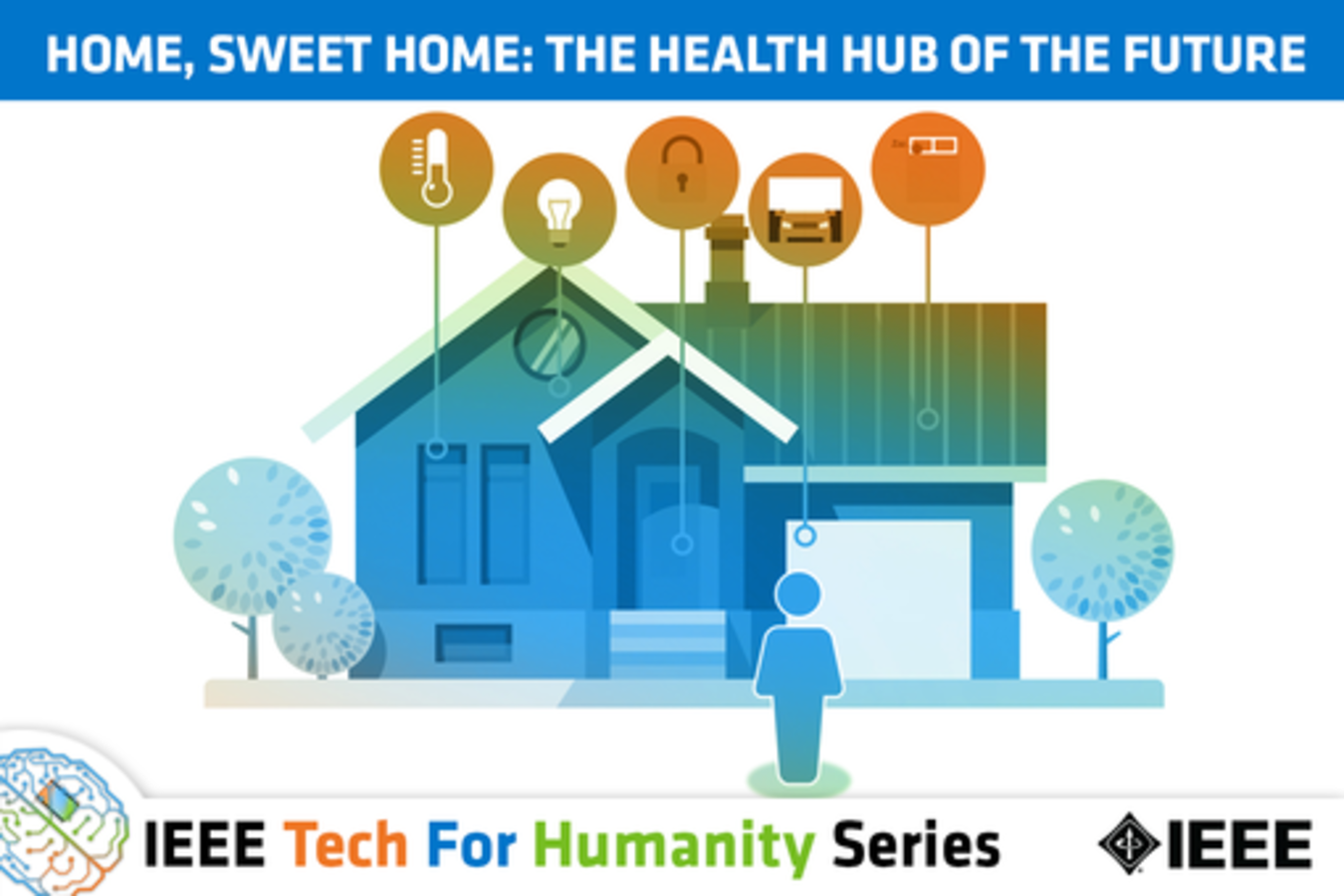 Editor’s Note: This article is based a panel discussion taking place onMarch 11, 2016 at SXSW Interactive, titled, “Home, Sweet Home: The Health Hub of the Future.” For more information, click here.
Editor’s Note: This article is based a panel discussion taking place onMarch 11, 2016 at SXSW Interactive, titled, “Home, Sweet Home: The Health Hub of the Future.” For more information, click here. 
Almost every day, we see announcements about yet another “connected” product that is hailed as creating a “smarter” home environment. These types of products promise an easier, more convenient way of living, but they aren’t always connected to our lives—or all that smart. But there is an important need in our society for better and smarter homes that go beyond little nice-to-have conveniences like opening the garage door or turning on the lights remotely. Just as Apple redefined music with the iPod, Uber revolutionized transportation, and Google is re-thinking the car, we need to re-think our definition of the “smart” home.
An untapped potential exists for the homes of the future to help us create better, healthier, more dynamic lives. The next evolution of the smart home will transform the place we live into a health hub—a smart, connected, responsive environment that will help us improve our wellness and optimize our performance in every aspect of life. There are many forces at work today driving healthcare into the home. Accountable Care is demanding results that can only be achieved if patients are engaged in their health on a daily basis.
The consumerization of healthcare is giving consumers greater responsibility and more advanced tools for managing their health. A professional caregiver shortage means that more care will fall to loved ones outside of clinical environments. Today’s aging population, in which 90 percent of Baby Boomers want to age at home, represents a cultural shift away from nursing home care and puts new demands on the home. While healthcare in the home has traditionally centered around illness and aging, technology is enabling the definition of “home health” to expand into other areas of our lives. Home health isn’t just about adapting to the signs of aging or managing a chronic condition anymore.
Digital health, smart objects, artificial intelligence, and the Internet of Health Things are now enabling us to address other dimensions of wellness—nutrition, exercise, sleep, medications, and even the less-thought-of aspects of health, such as mental and social wellbeing. The homes of the future will leverage these technologies to support us throughout our entire health journeys, from birth to death and everything in between. Our homes will help us proactively manage pregnancy and prenatal health, implement potty training and dental care regimens, cope with acne and periods, treat acute injuries, care for our aging parents, and even perform minor procedures on ourselves.
So how can we actualize the health hubs of the future? Health is a complex problem (read: opportunity), and no single person or discipline can solve it single-handedly. It’s something that needs to be examined from many different angles, which is why my firm has been spearheading a multi-disciplinary group to re-think the home.
This FridayI’ll be moderating a panel at SXSW Interactive that will envision the future of healthcare at home from a unique lens. Joining me will be Dr. David Rhew, a healthcare technologist from Samsung who leverages digital health technologies to engage people in their health and fitness; Dr. Scott Kaiser, an innovative geriatrician who provides care for the elderly at both the individual and population level; and Angela Mazzi, a healthcare architect who specializes in how the built environment impacts wellness and quality of life. All of these people represent important perspectives in the future of the health hub. Solution providers will need to collaborate with doctors to ensure they’re providing clinically effective solutions to relevant health problems.
HIT experts involved in developing connected health solutions will need to address interoperability issues to provide a seamless experience. Many connected solutions are brought into the home as add-ons, but we’re headed toward a future where these solutions will disappear into the environment. This will require engaging everyone from architects, city planners, and interior designers to the software experts who are developing the intelligent, ambient systems with which we will soon interact on a daily basis.
This is only the beginning, but bringing these perspectives together will be critical in order to find solutions that transcend a single device and create a meaningful impact on people’s lives. Creating a dialog between disciplines that have formerly operated in silos will enable us to address the challenge (read: opportunity) of lifelong health and wellness in a holistic manner.
As this happens, our homes will provide better experiences, not just for our health but also our lives overall. If crafted properly, the health hubs of the future will actively work to make us healthier, helping us live the best versions of our lives.
